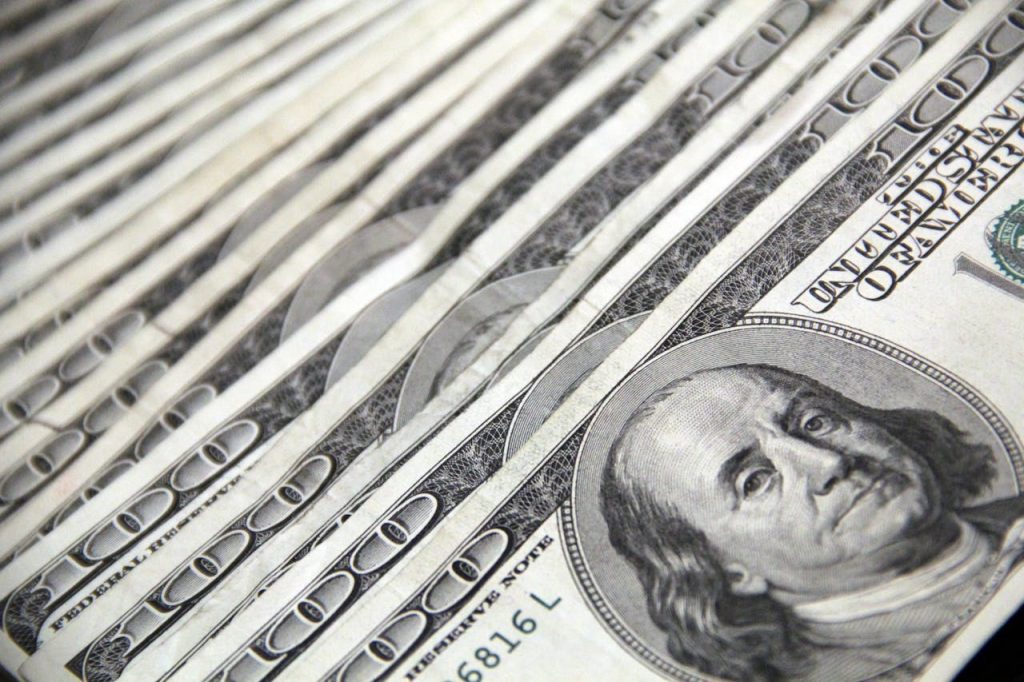
Few things are more unsettling than logging into your bank account and spotting a transaction you don’t recognize. Surprise transfers in your account can throw off your budget, cause overdrafts, and even signal identity theft. These unauthorized movements of money can happen for many reasons—some innocent, some not. Understanding the possible causes helps you respond quickly and protect your finances. Let’s look at ten common types of surprise transfers in your account you didn’t authorize, and what you can do if you spot one.
1. Subscription Renewals You Forgot About
It’s easy to sign up for a free trial and forget to cancel before the renewal date. Many streaming services, apps, or online memberships automatically renew and charge your account. If you don’t track your subscriptions, these charges can take you by surprise. Check your bank statements regularly and use a subscription-tracking app to avoid unwanted renewals.
2. Double Charges from Merchants
Sometimes a merchant’s payment system glitches and charges you twice for the same purchase. These duplicate transactions are a common source of surprise transfers in your account. Always review receipts and online statements after shopping, especially for larger purchases. If you spot a duplicate charge, contact the merchant and your bank to resolve it quickly.
3. Fraudulent Transfers by Hackers
One of the most worrying causes of surprise transfers in your account is fraud. Cybercriminals can gain access to your bank details and move money without your permission. They might use phishing emails, malware, or data breaches to get your information. If you see a suspicious transfer—especially for an odd amount or to an unfamiliar recipient—contact your bank immediately. Change your passwords and consider adding extra security measures like two-factor authentication.
4. Family or Friends Using Linked Accounts
Shared or linked accounts can lead to unexpected transfers. Maybe you let a family member use your debit card or linked your account to a roommate’s payment app. If they transfer money without telling you, it still counts as an unauthorized transaction. Set clear boundaries and regularly check your account for any activity you didn’t approve.
5. Bank Fees and Automated Adjustments
Banks sometimes move money between your accounts to cover overdrafts or apply maintenance fees. These surprise transfers in your account can be frustrating, especially if you weren’t expecting them. Review your bank’s fee schedule, and consider switching to a no-fee account if you’re getting hit with charges too often.
6. Mistaken Deposits or Withdrawals by Your Bank
Banks aren’t perfect. Occasionally, they might accidentally deposit or withdraw funds from your account due to clerical errors or system mistakes. If you see a transfer you didn’t authorize, contact your bank right away. Most banks will correct the error, but you need to report it quickly to avoid complications.
7. Recurring Payments for Old Services
Maybe you canceled a gym membership or a magazine subscription, but the company kept charging you. These recurring payments can show up as surprise transfers in your account months after you thought they ended. Always get written confirmation when canceling a service, and dispute charges if the company refuses to stop billing you.
8. Peer-to-Peer Payment App Errors
Apps like Venmo, PayPal, and Zelle make it easy to send and receive money. But they’re also a source of unauthorized transfers if someone gets access to your phone or account. Sometimes, a friend could type in the wrong amount or recipient, leading to accidental withdrawals. Set strong passwords and enable app-specific security features to minimize risk.
9. Hidden Charges from Travel or International Purchases
Traveling abroad or buying from international websites can trigger surprise transfers in your account. Foreign transaction fees, currency conversion costs, or even dynamic currency conversion scams can all result in unexpected charges. Read the fine print before making international purchases and consider using cards that don’t charge foreign transaction fees.
10. Account Linking Gone Wrong
Linking your bank account to third-party services—like budgeting apps, investment platforms, or online retailers—can be convenient. But if those services have security issues or unclear billing practices, you might find surprise transfers in your account. Always review the permissions you grant and monitor which apps have access to your bank. If you notice a problem, contact both the service and your bank to resolve it.
How to Respond to Surprise Transfers in Your Account
If you spot a surprise transfer in your account you didn’t authorize, act quickly. Start by contacting your bank or credit union to report the transaction. They can freeze your account or start an investigation if fraud is suspected. Next, change your online banking passwords and review your recent activity for other suspicious transactions. It’s also a good idea to check your credit report for signs of identity theft.
Regularly monitoring your accounts is the best defense against unauthorized transfers. Set up account alerts, review your statements each month, and use secure passwords for all financial apps. Staying vigilant helps you catch problems early and keep your money safe.
Have you ever noticed an unauthorized transfer in your account? How did you handle it? Share your experience in the comments below!
Read More
Could a Bank Freeze Your Account Without Telling You?
What Happens When Your Loved Ones Open an Account in Your Name?
The post 10 Surprise Transfers in Your Account You Didn’t Authorize appeared first on The Free Financial Advisor.







